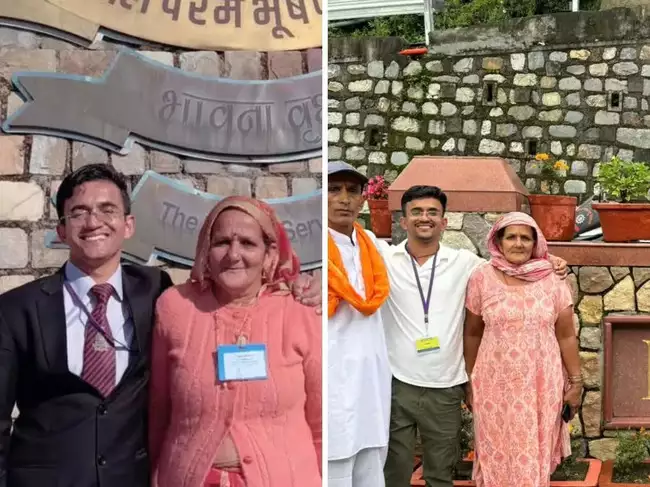A software professional from India, currently employed in Paris, recently shared an eye-opening incident that exposed a significant contrast between workplace cultures in India and Europe. In a post that quickly gained traction on the social media platform X, the engineer, Akhilesh, recounted how what he thought was a routine leave application turned into a moment of cultural awakening.
He explained that in India, the process of requesting time off often feels like an uphill battle—writing formal applications, sending repeated follow-up emails, and waiting anxiously for managerial approval. It’s treated almost like a privilege that must be earned rather than a basic entitlement.
However, when he attempted to follow the same process in France, he was met with a completely different attitude. His supervisor simply replied, “You don’t need my permission. Just give sufficient notice. It’s your contractual right.”
That brief interaction changed Akhilesh’s perspective. In France, taking leave is not seen as something to be sanctioned—it’s regarded as a guaranteed benefit. He was surprised to discover that, unlike in India, where managers often control leave approvals tightly, French workplaces empower employees with greater autonomy over their time off.
His experience struck a chord with many online, igniting a spirited discussion. Numerous users chimed in, sharing similar observations and frustrations. One commenter pointed out, “From childhood, we’re conditioned to request permission for everything, including breaks. That mindset carries into the workplace.” Another voice bluntly added, “In India, it’s like employees are subjects and managers act like monarchs.”
Still, some pushed back on this generalization. One user, who leads a team of 40 people, responded that their team members take leave without hassle, following HR guidelines. “Things are evolving, especially with the younger generation,” they noted.
The discussion quickly expanded beyond individual experiences to systemic disparities. For instance, French labor laws mandate a 35-hour workweek, and any hours worked beyond that are counted and compensated as overtime. In contrast, Indian labor norms lack such strict limits. Many full-time Indian workers routinely clock over 45 hours a week, often without additional pay or formal recognition.
Though Akhilesh’s story began with a simple request for time off, it eventually sparked a broader reflection on work culture, employee rights, and the importance of redefining workplace norms. His experience became a lens through which many could compare the deeply embedded differences between Indian and European professional ecosystems—raising important questions about balance, respect, and dignity at work.




















